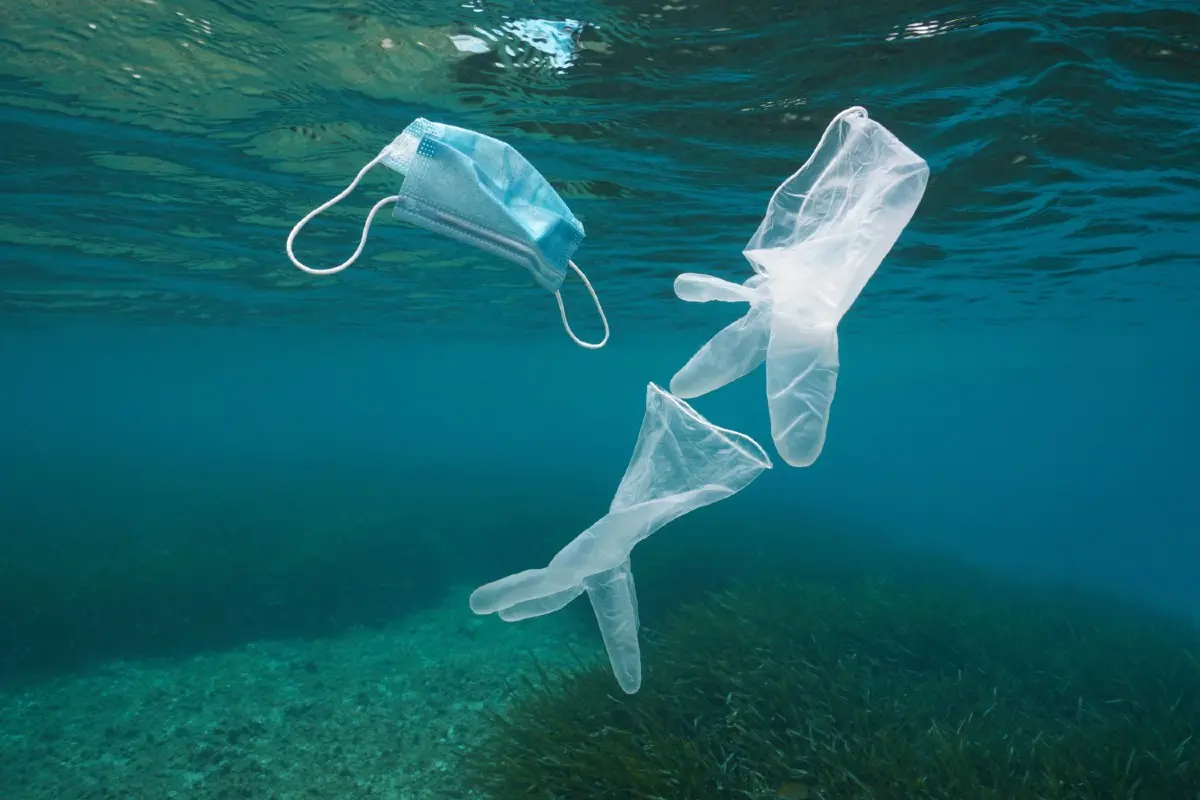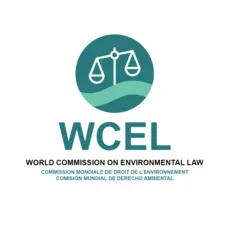The INC-2 is taking place as plastics waste and chemical pollution are driving the triple planetary crisis relating to biodiversity, climate, and pollution.
Guided by IUCN Resolutions adopted by IUCN Members in 2021 IUCN strongly welcomes the ongoing process for a Global Plastics Treaty and supports the partnerships in place in order to eliminate and remediate plastic pollution and enhance circular plastic management at local, regional, and global levels.
- Transformational change to humanity’s current way of living – from linear to circular - is not only vital, but also of economic interest. To note in particular, circular plastics economy has important potential benefits for nature, but needs to be integrated more closely with biodiversity policies and strategies.
- For many societal challenges, including those that relate to nature, we know what kinds of interventions work. A just transition requires decisive local and global action from all countries and all sectors along the plastic value chain and across society.
- IUCN urges Parties to adopt clear, preferably numerical and verifiable objectives in order to take priority action by 2025 to prevent further plastic pollution from single-use plastic products in protected areas and in the land, water and marine environment.
- IUCN strongly encourages Parties to start negotiations with the ultimate goal of stopping plastic pollution worldwide by 2030 (Zero Pollution) in sight, while considering national and local circumstances and capabilities for implementation along the whole plastics value chain.
- IUCN calls for inclusiveness in the process and an effective treaty as an outcome. The Treaty must address the full life cycle, embrace bold, new, science-based tools, cover a broad scope of environmental resources (land, water, ocean) and create a set of policy measures and means of implementation to upscale and redirect finance, incentives, and trade. Strong stakeholder involvement in the upcoming negotiations and in implementation is therefore key.
- IUCN stands ready to support this process. The Union is well equipped to play a leading role in shaping critical coalitions, bring scientific knowledge and technical expertise to contribute throughout the INC process. IUCN also offers the tools to guide, monitor, and measure action including the IUCN Global Standard for Nature-based Solutions.




